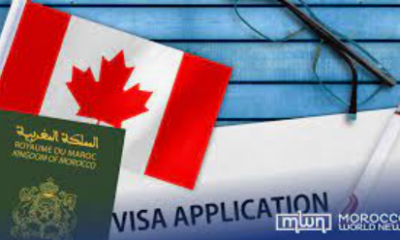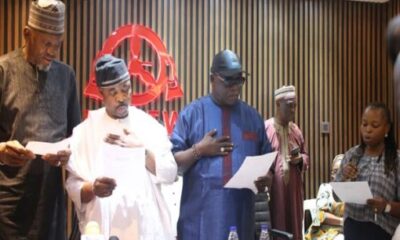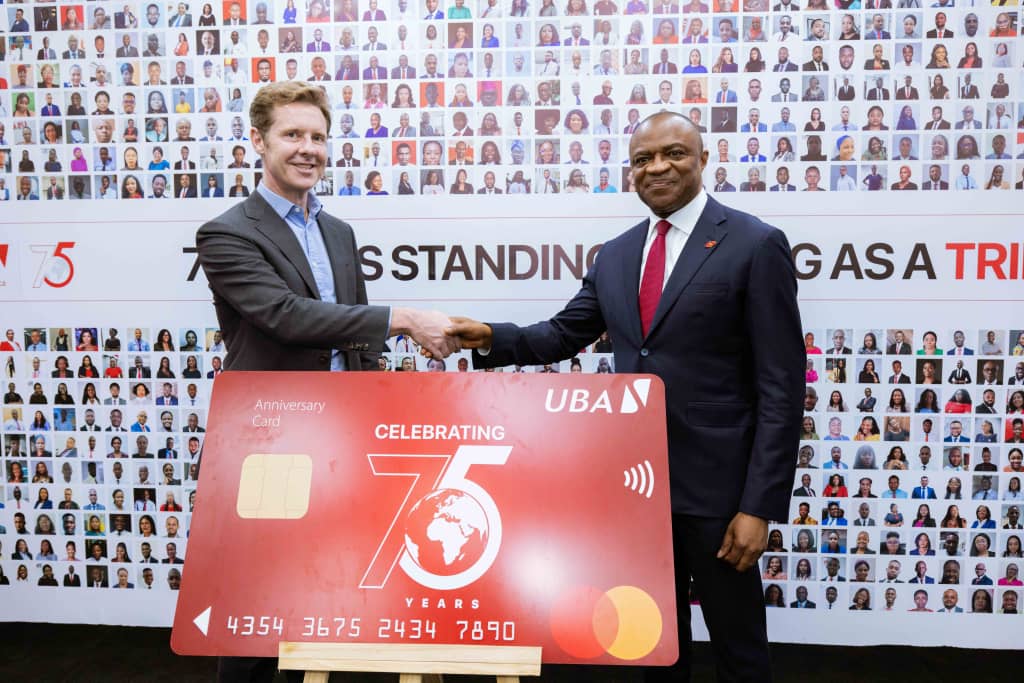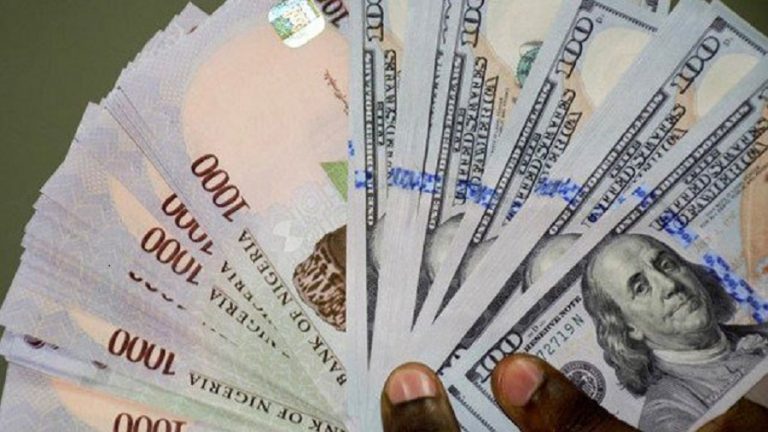The Independent Petroleum Marketers Association of Nigeria (IPMAN) has announced that over 30,000 of its members are set to purchase Premium Motor Spirit (PMS), commonly known as petrol, in bulk from the Dangote Petroleum Refinery.
IPMAN disclosed that the price of petrol from the $20 billion refinery, located in Lekki, is set at N940 per litre when bought in bulk and N990 per litre when transported by ship or truck.
According to sources, this new agreement with the Dangote refinery may eliminate the need for independent marketers to import petrol, as they will now be able to source their supply directly from the refinery.
Speaking on Channels Television on Tuesday, IPMAN President Abubakar Garima confirmed that retail pump prices for petrol at their outlets would decrease as a result of the deal with Dangote Refinery.
The agreement, finalized on Monday, covers the direct lifting of petrol, diesel, and other petroleum products from the Dangote refinery. This development follows the Nigerian National Petroleum Corporation’s (NNPC) decision to suspend its plan to be the exclusive off-taker of products from the 650,000 barrels per day refinery.
The IPMAN president explained that the Dangote refinery had been obliged to allow marketers to lift PMS, AGO, and DPK directly for onward supply to their depots and retail outlets but didn’t reveal the price.
Giving an update on pricing during the interview, the IPMAN national officer said the Refinery has provided two different rates for marketers based on their preferences.
He said marketers can load at the gantry at a price of N990 per litre or N940 through vessel transportation.
Garima said, “Presently, we have been given two different arrangments on how to buy fuel from the refinery. There is the one that we can load the vessels and carry to our various depots at the rate of N940 per litre. Then for the depots, it is at the rate of N990 per litre.
“The difference is because we have to load it and carry it to another part of the state. We use vessels to carry these products and there is another one to load from the gantry.
“For Port Harcourt, Warri, Calabar, we have to use vessels because there is no Dangote loading gantry there, we have to carry it to our private depot and discharge and distribute it to our members.”
Checks by our correspondent showed that the new price is lower than the N960 and N990 per litre revealed by the refinery for ships and trucks last week.
Garima noted that the collaboration aims to ensure a consistent and affordable supply of Premium Motor Spirit and other products nationwide.
He further projected that the petrol price may be reduced by N50 or more, depending on the location of purchase.
Garima explained that direct purchases from the 650,000-barrel-per-day refinery will eliminate payments to intermediaries, such as the Nigerian National Petroleum Company and depot owners.
According to him, this reduction in costs will be reflected in the prices of petrol within the coming weeks.
“We have the overall market in the country. We go everywhere in the country. The implication goes beyond the issue of price, but still, price is the main target.
“The masses are looking for how we, Independent Petroleum Marketers, can reduce price for them. So the price too will reduce because we are not buying through the third party.
“So the profit that we have been giving to the third party like NNPC and depot owners will be reduced. That is the issue.
“For instance, the current price in Maiduguri now is N1,200 per litre. So with these current changes, it may likely reduce to N1,150, which there is a reduction of N50. So that’s N1,150. It may even be below that.
“And as we continue, you know, this thing, since it’s deregulation. Yes. As we continue. It can go down. It can go down continuously because, provided that the product is available, you may find that the market will come a little bit low, and then the naira will start appreciating. And then if the crude oil price is reduced, automatically, the same thing will be reduced.
Garima also highlighted that this arrangement will help end fuel scarcity, as products will be more readily available.
“Again, the availability is also there. If a marketer pays for a product before, these retailers hold our money before supplying us with fuel. That’s the reason why you may find sometimes these filling stations don’t have fuel.
“But now, since we are getting the product directly from the Dangote refinery, the issue of delay is eliminated. Immediately, we get the product, we discharge to our filling stations,” he added.
Furthermore, Garima revealed that the NNPC has begun settling its N4bn debt owed to marketers.
“The NNPC has been paying our money back. We have been loading. Our money with them is reducing drastically. That one is not a problem for us now.
“The only thing still is that there are some remaining balances that they have not been able to pay our marketers to load the products. I spoke with the MD retail of NNPC and he told me that our balance will soon be sorted out,” Garima said.
On how much Nigerians will purchase, he said, “With this recent development, definitely anywhere you go, you will find that at the end of the day, we have the lowest price.”
Confirming this, the IPMAN National Publicity Secretary, Chinedu Ukadike, has stated that the association has started the completion of the necessary documentation to begin lifting products.
Ukadike, in an exclusive interview, also confirmed that the product would be purchased in bulk on behalf of its members.
He said, “For now, we are going to be doing it comprehensively, in an off-taker manner. All independent marketers will be buying from Dangote as directed by our president.
“We are still putting together our papers on when to start loading as quickly as possible, but the gig now is that we have been granted permission to load.”Meanwhile, the IPMAN Vice President, Hammed Fashola, told one of our correspondents that if petrol is available locally, there is no need for importation any more.
Fashola recalled that IPMAN had made it clear right from the start that it would support the Dangote refinery and that the new agreement would be a win-win for all.
“We have set it from the onset that we are ready to work with Dangote. We need to encourage him. We are very conscious of that. Based on this, we believe it is going to be a win-win situation for both Dangote and IPMAN. I am sure the price will be reasonable. We are just after the price. Once the price is okay for us, we are good to go,“ he stated.
Asked to state in clear terms if it means IPMAN would no longer pursue the licence to import petrol, Fashola replied, “Once we are having it as we need it, what is the need to import again?”
Fashola clarified that the lifting of fuel is yet to commence as both parties are still putting some logistics in place.
“No day has been fixed yet for the lifting. We still have to put in some logistics. It is not something you will just take your truck and go to Dangote. We still have to do some things—payment modalities and all that. We have to carry our members along too. We have to sensitise them about how the transaction will go. So, it is still ongoing, very soon we will start lifting. I don’t want to give a particular date,” he disclosed.
Just like IPMAN, the management of the Dangote refinery is set to meet with the officials of the Petroleum Products Retail Outlet Owners Association of Nigeria to discuss possible petrol lifting.
PETROAN Publicity Secretary, Joseph Obele, said the refinery already sent a mail through the President of the association, Billy Harry, seeking a business meeting.
According to Obele, Harry had set up a team of seven persons headed by him to represent PETROAN at the meeting.
“The Head of Commercial at the Dangote refinery has sent a mail to the National President of PETROAN, Dr Billy Hary, to anticipate a possible strategic business meeting in the coming days.
“The National President has set up a team of seven persons headed by himself who will represent PETROAN at that strategic business meeting.
“At the proposed meeting, we have to emphasise that PETROAN’s primary objective is to provide affordable, high-quality products to consumers, and to do so in compliance with all regulatory standards and industry best practices,“ he stressed.
Meanwhile, the Dangote refinery has agreed to export more than 200,000 metric tonnes of its petrol abroad.
A report by S&P Global Commodity Insights quoting an insider source confirmed that the refinery had signed its first export orders for its gasoline and will begin dispatching the product “as soon as the ships arrive”.
It said in the first week of November, the refinery made its first attempt to sell gasoline abroad, issuing a public tender for the fuel type, but later appeared to bow to public pressure by revoking the offer.
Three West African traders said the refinery initially issued a tender to sell 40,000 mt of gasoline, with two confirmed specified products with a sulfur content of 150 parts per million.
One source said that the refinery had called the initial tender a “mistake”, while a second called the move “controversial” while Dangote continues to produce less than a third of Nigeria’s domestic gasoline demand.
The refinery official confirmed that the 40,000 mt tenders had been cancelled but said on Nov. 11 that the company had the surplus product to begin exporting. “We have the stocks,” he said.
Credit: The PUNCH

 BIG STORY4 days ago
BIG STORY4 days ago
 BIG STORY4 days ago
BIG STORY4 days ago
 BIG STORY4 days ago
BIG STORY4 days ago
 BIG STORY3 days ago
BIG STORY3 days ago
 BIG STORY2 days ago
BIG STORY2 days ago
 BIG STORY3 days ago
BIG STORY3 days ago
 BIG STORY2 days ago
BIG STORY2 days ago
 BIG STORY2 days ago
BIG STORY2 days ago




















